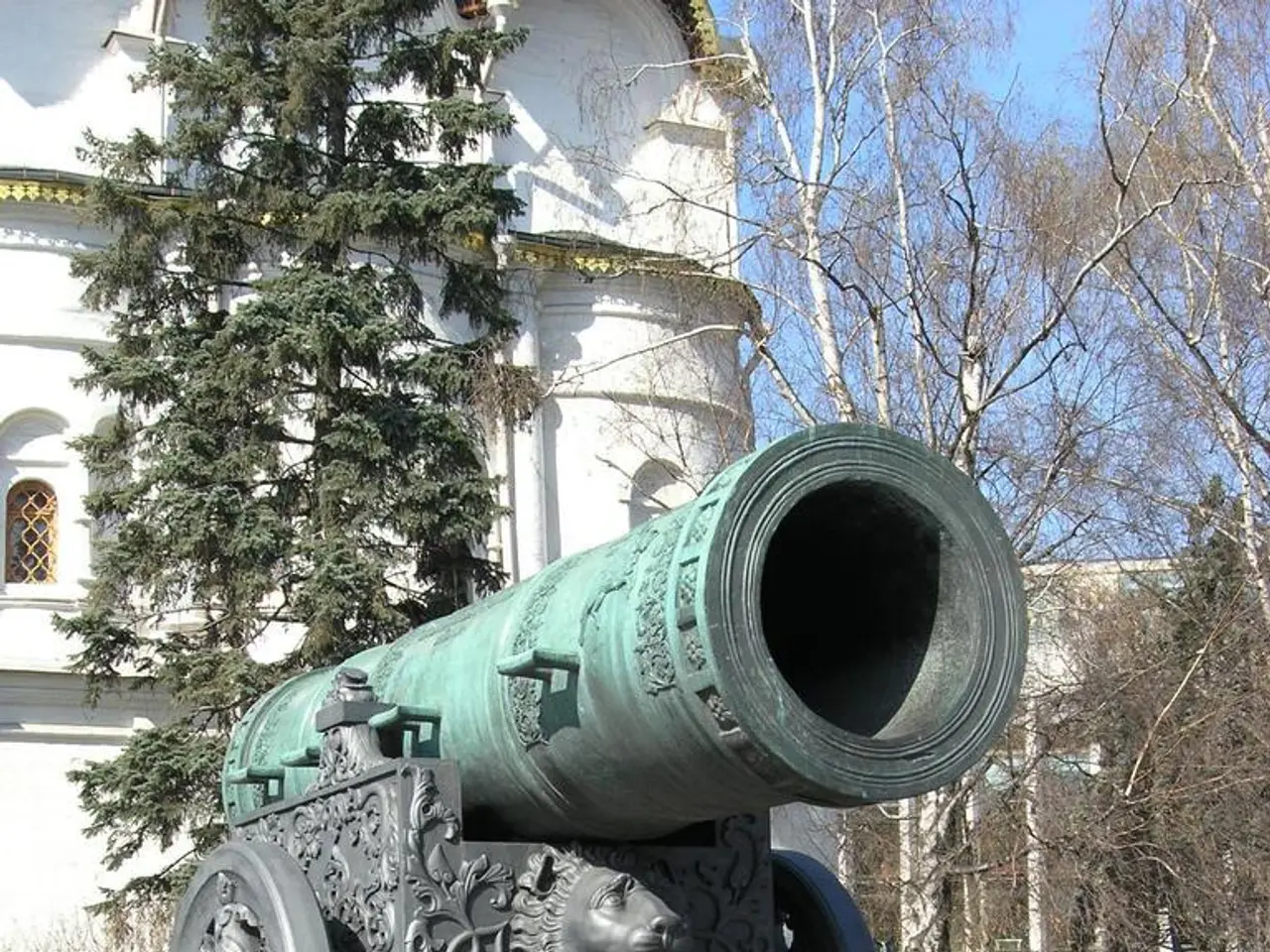Navalny's stance on migrants conceals a disparity with his democratic idealism narrative
In the political landscape of Russia, Alexey Navalny has been a prominent figure for over a decade. A symbol of opposition to President Vladimir Putin, Navalny has faced numerous challenges, including multiple arrests and imprisonments due to his outspoken criticism.
On February 2, 2021, Navalny was given a close to three-year prison sentence for alleged parole violations. This sentence came after his return to Russia on January 17, 2021, where he was promptly detained. Thousands of Russians took to the streets on January 23, 2021, in support of Navalny.
Navalny emerged as a whistleblower in 2010, gaining prominence through his blog, social media, and anti-corruption foundation. His investigative work, including his latest documentary about Putin's Palace, has attracted audiences of over 100 million on YouTube.
However, Navalny's past has been a subject of controversy, particularly regarding his views on migration. During the 2008 Russian-Georgian war, Navalny expressed support for Moscow's actions and used derogatory terms against Georgians in his blog posts. In the past, he has participated in xenophobic events and made public statements against migrants from Central Asia and the Caucasus, using xenophobic attacks in his rhetoric.
Since 2016, Navalny and his team have tried to de-emphasize his past statements about migration from Central Asia and the Caucasus. In April 2017, he appeared on an online talk show and denied being a nationalist. However, when asked about visa systems for Kazakh citizens, he stated that he did not see anything valuable in migration from Central Asian countries.
Professor Abashin believes that if Russian society demands it, Navalny is capable of returning to an anti-immigration rhetoric with xenophobic elements. Rashid shares similar views, stating that Navalny needs the support of regular Russians, who he can convince that the current government is to blame for everything wrong in Russia, including offering jobs to migrants.
Economic indicators show that migration into Russia is vital for industries such as heavy industry, construction, and services. Russia has been losing its population, and migration from Central Asia prevents those numbers from being overly negative. The Russian government has stated the acute need for migrant workers from Uzbekistan and Tajikistan. According to the official figure for migrant workers in Russia in November 2020, there were 1.8 million migrant workers, with many more working illegally.
The attempt on Navalny's life can be traced back to Russian secret services, according to the investigative group Bellingcat. On August 20, 2020, Navalny was poisoned and survived after receiving treatment in a German hospital. Despite the challenges he faces, Navalny continues to be a significant voice in Russian politics.
Read also:
- Tobacco industry's suggested changes on a legislative modification are disregarded by health journalists
- Trump's Policies: Tariffs, AI, Surveillance, and Possible Martial Law
- Uncovering Political Ad Transparency: A Guide to Investigating opponent's Political Advertisements in the Digital Realm
- Elon Musk praises JD Vance's debate performance against Tim Walz








